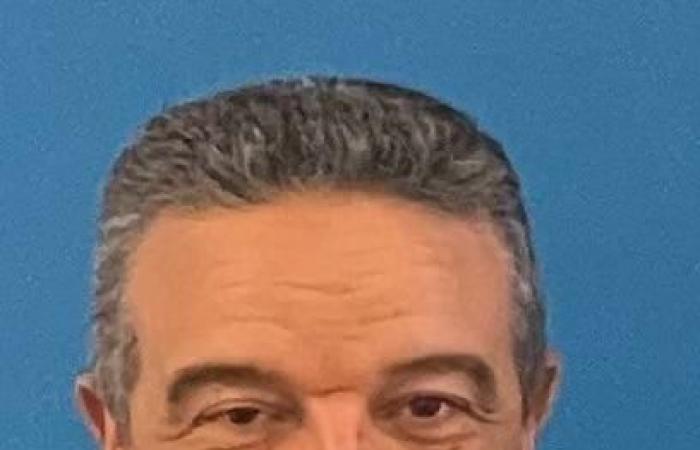The Moroccan Sahara is much more than a territorial dispute. Today it constitutes a strategic issue for the stability of North Africa and for the balance of international relations. While the autonomy initiative proposed by Morocco stands out as a pragmatic and realistic solution, diplomatic progress confirms the merits of this vision. However, the status quo, maintained by outdated agendas, continues to jeopardize the future of a region rich in potential, but held back by paralyzing rivalries.
Consolidated international recognition
At the same time, many states are revising or abandoning their support for the pseudo-“SADR”, further isolating this artificial entity. These developments are not only diplomatic successes for Morocco, but also a strong signal against attempts to destabilize the region.
A costly North African impasse
Despite these advances, the resolution of the conflict remains hampered by the intransigence of Algeria, the main support for separatism. This blockage not only slows down the political solution, but also compromises Maghreb integration. The project of an Arab Maghreb Union, although essential to respond to economic and social challenges, remains at a standstill. In addition, tensions are putting pressure on neighboring countries like Mauritania and Tunisia, reinforcing the fragmentation of a region that could become a key player on the international scene.
The economic and security weight of the conflict
The status quo is not just a political impasse: it constitutes a risk factor for the security and prosperity of the entire region.
A Moroccan solution for lasting peace
The Moroccan autonomy initiative, hailed by the international community, offers a realistic solution that respects local aspirations. By proposing a balanced governance framework, it would make it possible to turn the page on an artificial conflict while preserving the territorial integrity of the Kingdom. For this, a sincere commitment from regional actors, particularly from Algeria, is essential. Overcoming the logic of confrontation is a sine qua non condition for building a united, resilient and prosperous Maghreb.
Transform conflict into opportunity
The time has come to transform tensions into cooperation, and to make the Moroccan Sahara not a fault line, but a lever for the future.






